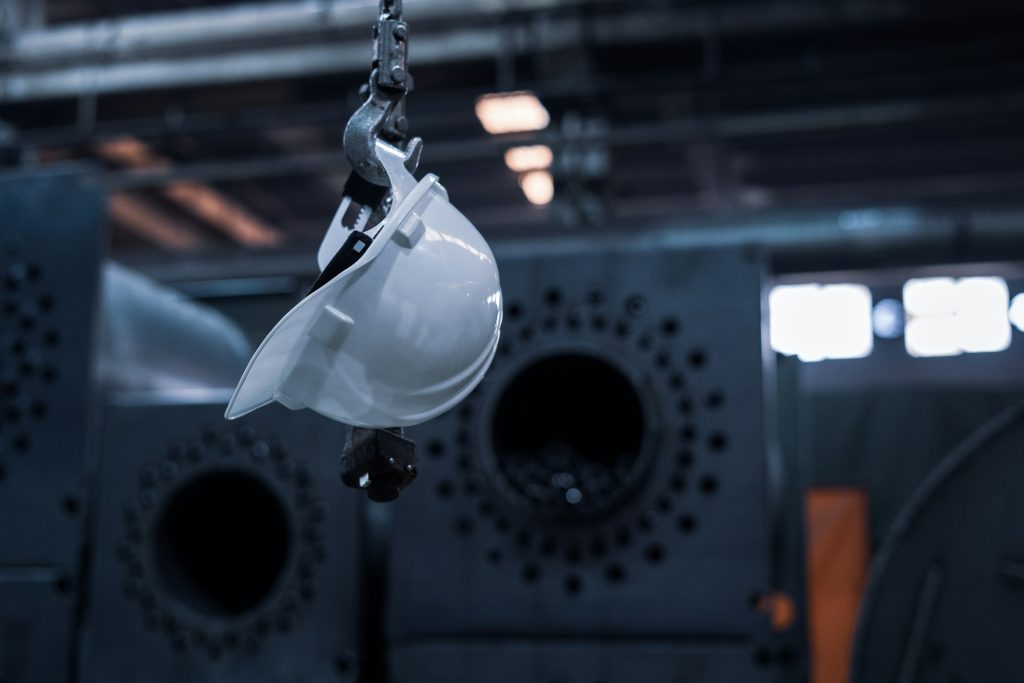Single market: industrial and political challenges

Single market today is on the top of the European political agenda, praised as the strategy that could help overcome current economic crisis and ensure growth in the long term. Mario Monti’s report of 2010, Commission’s two Single Market Acts and the conclusions of the latest European Council meetings emphasizing the importance of the single market – these are just a few examples of the rebirth of the project, which celebrates its 20th anniversary this year. Two decades on, the European single market is still incomplete and significant reforms are needed more than ever for the achievement of its full potential.
This tribune gives an opportunity to step back and review the progress that has been made since 1992, the initial symbolic deadline for the completion of the single market. Significant achievements have been made and they should not be underplayed. Yet, with the benefit of hindsight, the lessons on the obstacles of further integration should be drawn too.
The tribune consists of three parts. Firstly, the historical overview of the single market is provided emphasizing both the strengths and the weaknesses of the project. Secondly, the developments and the relevance of the single market today are analysed in the context of the economic crisis. Lastly, European industrial policy is given a special focus as the current economic mayhem may lead to the resurgence of protectionism in many forms and to the collapse of the single market as a whole.




